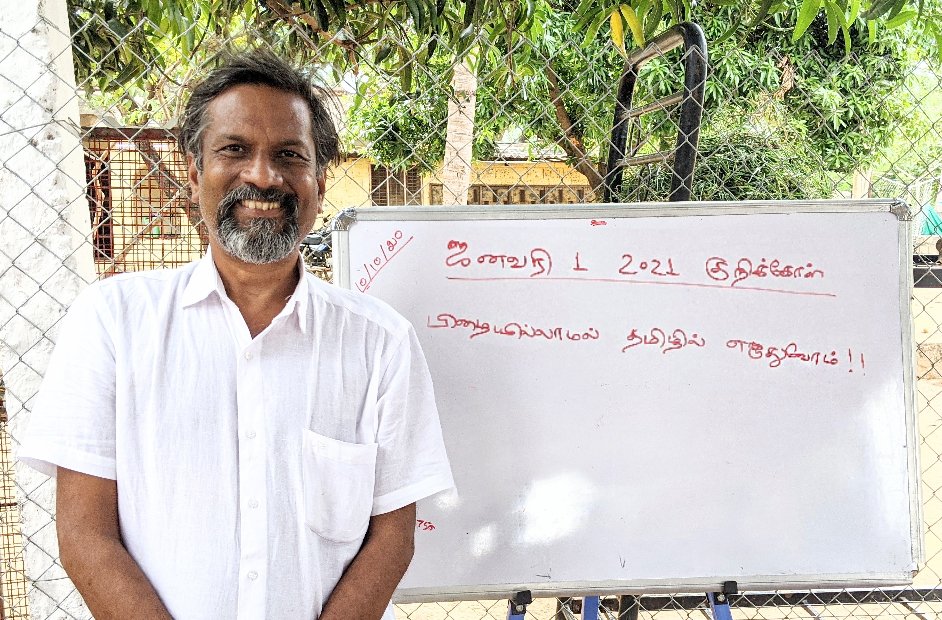
1/ The Salesforce - Slack acquisition demonstrates
the "operating system" of the technology industry.
The assumption is that professionals in Slack and professionals in Salesforce can nicely blend together to produce awesome results for customers and shareholders.
Culture!
the "operating system" of the technology industry.
The assumption is that professionals in Slack and professionals in Salesforce can nicely blend together to produce awesome results for customers and shareholders.
Culture!
2/ Slack and Salesforce grew up totally differently. The org cultures cannot be more different. "Culture eats strategy for breakfast" as the saying goes.
Yet somehow in the romantic excitement of the deal, all that is forgotten. Money is blind after all.
Yet somehow in the romantic excitement of the deal, all that is forgotten. Money is blind after all.
3/ Very soon we will see an exodus of talent out of Slack as cashed out engineers and product managers and marketers rush to the exits. Leadership waits discreetly till the check clears.
And new professionals have to come in and make good on the old romantic premise/promise.
And new professionals have to come in and make good on the old romantic premise/promise.
4/ The very large sum paid has burdened the Salesforce balance sheet. They already have steep debt on the monumental skyscraper in San Francisco. The customer has to pay for all this.
Large scale technology acquisitions have an extremely poor track record for these reasons.
Large scale technology acquisitions have an extremely poor track record for these reasons.
5/ If that's all true, why do such acquisitions happen at all? Corporate hubris. Ego.
And Salesforce perpetually manufactures growth by counting acquired company revenues as "growth" as the stock market looks the other way, courtesy the Fed.
This game ends some day.
And Salesforce perpetually manufactures growth by counting acquired company revenues as "growth" as the stock market looks the other way, courtesy the Fed.
This game ends some day.
• • •
Missing some Tweet in this thread? You can try to
force a refresh



